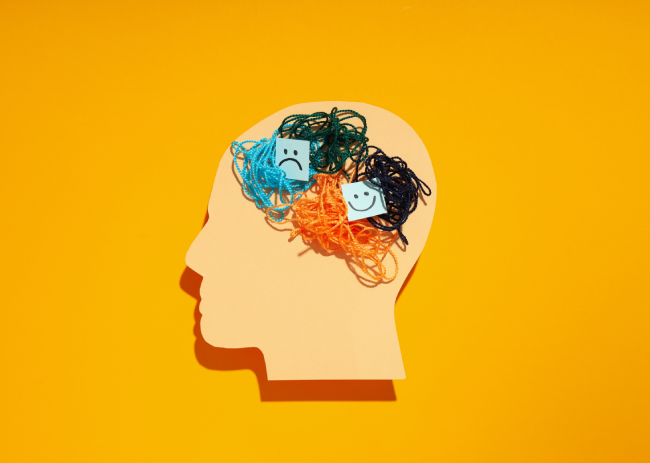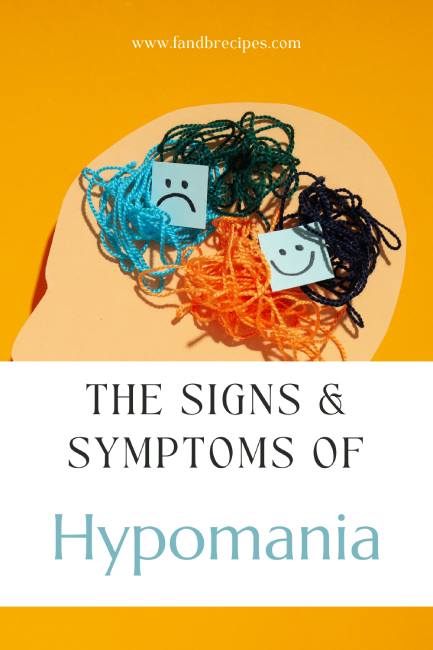Hypomania: What Are Its Signs and Symptoms?
If you are frequently active and have excess energy or your mood is often elevated, you may have hypomania. Others will quickly see that something has changed because this isn’t your normal behaviour. Although hypomania doesn’t live up to the level seen with mania, it can still affect your daily life. Help is available if you have symptoms so you live the best life possible.
What is Hypomania?
It is a period of elevated mood or emotions, energy levels, or activity levels. This behaviour comes with bipolar disorder, but it may also be a symptom of another condition. A person should seek Mental Health Treatment in California if they experience these periods.
Hypomania or Mania?
Hypomania is a level below mania. It lasts at least four consecutive days, but an episode could last months. Mania lasts a week or longer. Hypomania won’t affect a person’s daily life, but mania will have a major impact on a person’s life. People experiencing hypomania can remain at home, but those with mania may need to be hospitalised.
What Might Trigger Hypomania?
Many things can lead to a hypomania episode. If a person has a major life change, symptoms may appear. They might have an episode when they are highly stimulated or suffering from a lack of sleep. People often find they have symptoms when using recreational drugs or alcohol. Every person should learn their triggers so they can be avoided.
What to Expect Following a Hypomanic Episode?
People often express regret following a hypomanic episode. They don’t remember what they did or are embarrassed about their behaviour. At times, people agree to things during an episode and then wonder why they did so, as it is too much for them to handle. Often they are tired and need extra sleep, and they may be depressed.
Symptoms
Hypomania comes with symptoms beyond excessive energy or activities. You may find you need less sleep or that you are invincible. People often talk more during a hypomanic episode or their thoughts might race. It’s easy to become distracted during an episode or some people become hyper-focused to the point of obsession.
Causes
Several things may contribute to the development of this disorder. If you have a family history of bipolar disorder, then you are more prone to hypomania. This doesn’t mean you will develop it, but the risk is higher for you than for the general population. A chemical imbalance in the brain can lead to the development of hypomania, or it might be a side effect of a medication you are taking. These are only a few of the potential causes of this mental health condition.
Treatment
Hypomania responds well to mood stabilizers, antipsychotic medications, and psychotherapy. Work with a mental health professional to find the right treatment for you. Psychotherapy is often used to help you learn to identify the symptoms of this condition and your triggers. Once you know these triggers, it becomes easier to develop coping strategies to minimize the effects of these episodes.
Medications help many people who struggle with hypomania. A doctor might prescribe antipsychotic medications, such as Aripiprazole or Risperidone. Mood stabilizer medications used to treat hypomania include Lithium and Depakote. In addition, the doctor might recommend an antidepressant. However, you might find that medications aren’t needed if your hypomania isn’t severe.
Maintaining a good quality of life with hypomania is possible. Talk to your doctor to learn the best way to address your symptoms and help you overcome any challenges associated with this disorder. Make an appointment today.




